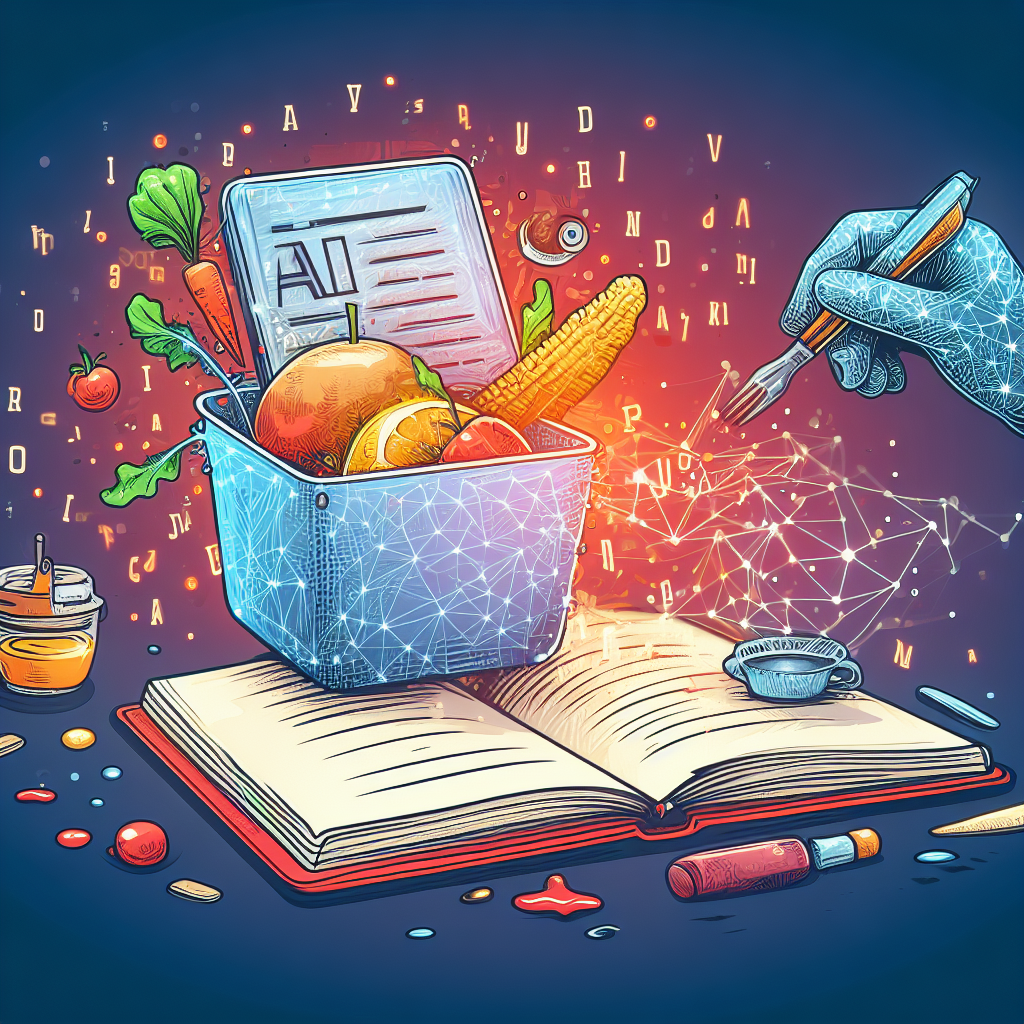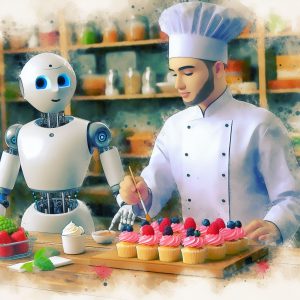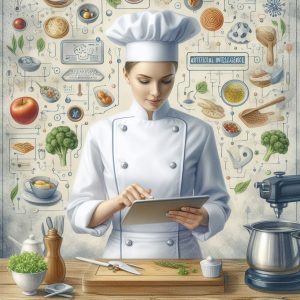Introduction:
In recent years, the culinary world has witnessed a remarkable transformation driven by technological advancements. Artificial intelligence (AI) has emerged as a game-changer, reshaping the way we explore, create, and review food. In this blog post, we will delve into the profound influence of AI on the culinary arts, examining how it is revolutionizing food reviews and shaping the future of gastronomy.
1. AI-Generated Recipes and Personalized Recommendations:
AI-powered recipe generators have revolutionized the culinary landscape. These intelligent systems analyze vast amounts of data, including dietary preferences, allergies, cooking skills, and available ingredients, to create personalized recipes tailored to individual needs and tastes. They also offer step-by-step instructions, making cooking more accessible to people of all skill levels.
2. Virtual Cooking Assistants and Immersive Experiences:
AI-powered virtual cooking assistants are transforming the way we learn and experience cooking. These interactive tools provide real-time guidance, offering tips, ingredient suggestions, and troubleshooting advice. They can also simulate cooking processes, allowing users to visualize and practice techniques before attempting them in the kitchen.
3. Food Reviews and Sentiment Analysis:
AI is significantly impacting the way food reviews are written and analyzed. Sentiment analysis tools can sift through vast amounts of online reviews, identifying patterns and extracting valuable insights. This information helps restaurants and food critics identify areas for improvement and make informed decisions about their menus and services.
4. AI-Driven Food Photography and Videography:
AI-powered tools are revolutionizing food photography and videography. These systems can automatically enhance images, adjust lighting, and create stunning visuals that captivate audiences. AI-generated food videos can provide an immersive experience, allowing viewers to explore dishes from different angles and appreciate their textures and flavors.
5. Future of Food Reviews:
AI is poised to reshape the future of food reviews. AI-powered systems can analyze vast amounts of data, including social media posts, online reviews, and food critic opinions, to create comprehensive and unbiased reviews. This will help diners make more informed choices and encourage restaurants to continuously improve their offerings.
Dangers for Food Writers in the Food Industry
As artificial intelligence (AI) becomes more sophisticated, it is beginning to pose a threat to jobs in the food industry, including food writing. Here are some of the dangers that AI poses to food writers:
- AI can generate content quickly and easily. AI-powered writing tools can generate articles, blog posts, and other content in a matter of seconds. This means that AI can potentially replace human writers who are paid by the hour or by the article to create content for food companies and websites.
- AI can generate content that is accurate and informative. AI-powered writing tools can access large amounts of data and use it to create content that is factually accurate and informative. This means that AI can potentially replace human writers who are paid to create content that is accurate and informative.
- AI can generate content that is engaging and interesting. AI-powered writing tools can use natural language processing (NLP) to generate content that is engaging and interesting to readers. This means that AI can potentially replace human writers who are paid to create content that is engaging and interesting.
Possibilities of Food Writer Job Being Replaced by AI
The possibilities of food writer jobs being replaced by AI are significant. In fact, a recent study by the World Economic Forum found that AI could potentially replace up to 15% of all jobs in the food industry by 2025. This means that many food writers could potentially lose their jobs to AI in the coming years.
How AI Will Be Used to Help in the Food Writer Job
While AI poses a threat to food writer jobs, it can also be used to help food writers in a number of ways. For example, AI can be used to:
- Generate ideas for articles and blog posts. AI-powered writing tools can help food writers come up with new ideas for articles and blog posts. This can save food writers time and help them to be more productive.
- Research articles and blog posts. AI-powered writing tools can help food writers research articles and blog posts. This can help food writers to find accurate and informative information to include in their content.
- Write articles and blog posts. AI-powered writing tools can help food writers write articles and blog posts. This can help food writers to create content that is accurate, informative, and engaging.
How to Adapt to the Changing Landscape
Food writers who want to adapt to the changing landscape and avoid being replaced by AI should focus on developing the following skills:
- Technical skills. Food writers should learn how to use AI-powered writing tools to help them generate ideas, research articles, and write content.
- Critical thinking skills. Food writers should be able to think critically about the information they find and to identify biases and inaccuracies.
- Communication skills. Food writers should be able to communicate their ideas clearly and concisely.
- Creativity. Food writers should be able to come up with new and innovative ideas for articles and blog posts.
By developing these skills, food writers can make themselves more valuable to employers and reduce the risk of being replaced by AI.



